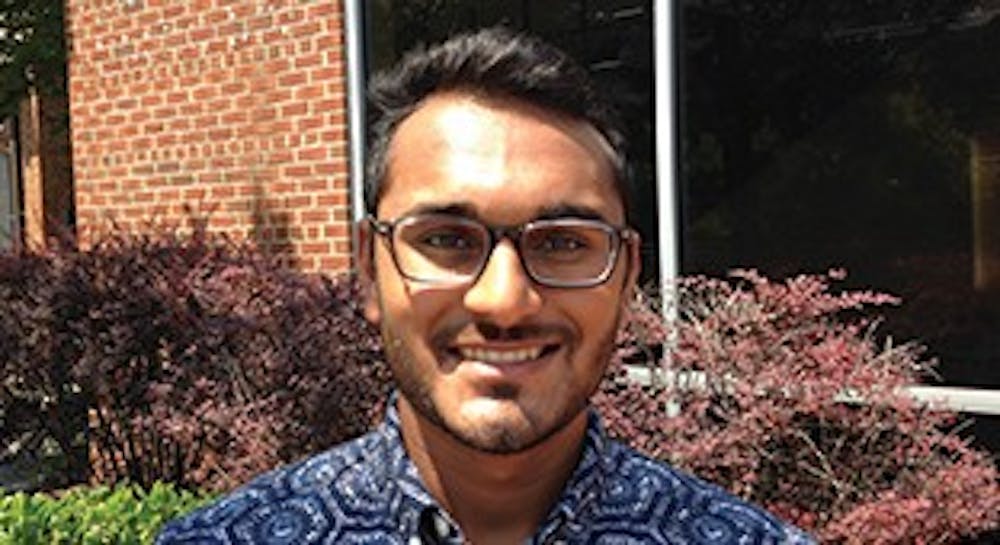The premiere of Aziz Ansari’s Netflix series “Master of None” in November was perceived as an “at last” moment for South Asian American immigrants. At face value, we finally had a show centered around an Indian comic who contemplated South Asian diaspora issues of race, assimilation and representation.
Ansari constructed the show’s narratives from his own history. While the personal experiences depicted in “Master of None” are honest, for many South Asian folks, including myself, the series felt shallow in its portrayal of our identity.
In the series’ second episode “Parents,” for example, he portrays his father as an aspiring doctor who was graciously granted a U.S. visa and then worked hard to provide his children with opportunities in the “promised land.”
What bothered me about this episode was not just Ansari’s reliance on the trope of Indian Americans as hard-working, skilled and assimilated, but also his failure to challenge the racialization of South Asians in the context of anti-Black racism.
The portrayal of Indian Americans as “successful” contrasts the depiction of Black, Indigenous, Latino/a and even working poor South Asian Americans as “deficient” so as to stratify people of color based on perceived cultural differences. Indian and Asian immigrants are thus tokenized as entrepreneurial, professional and ambitious, while Black people are described as lazy, criminal and pathological. So, in its narration, “Master of None” falls back on the anti-Black model minority myth.
Ansari’s anti-Blackness resurfaces in the series’ fourth episode “Indians on TV,” in which his character Dev expresses his frustration at a lack of Indian representation in the media by arguing, “People don’t get that fired up about racist Asian or Indian stuff. I feel like you only risk starting a brouhaha if you say something bad about Black people or gay people.” When Dev’s Black queer friend Denise tried to respond, Dev dismissed her.
Representation in the media is important; however, what Ansari fails to acknowledge is that representation in and of itself does not equate to justice. “Hypervisibility means nothing when Black folks continue to be persecuted and slaughtered in the streets without justice,” wrote Jahlani Smothers-Pugh in her open letter to Ansari.
Just as people of color are tokenized in the mainstream model minority narrative, so too is their casting in media motivated by profit and consumption. By additionally suggesting that Black representation exists in opposition to South Asian representation and silencing Black queer voices, Ansari contributes to the anti-Black racism that white supremacy is predicated upon.
For a series that supposedly pushes the needle on South Asian issues, “Master of None” ironically reinforces the systems of white supremacy and capitalism that contribute to our oppression. We as South Asian people of color must center anti-Blackness in our collective struggle and demand Aziz Ansari do the same.




